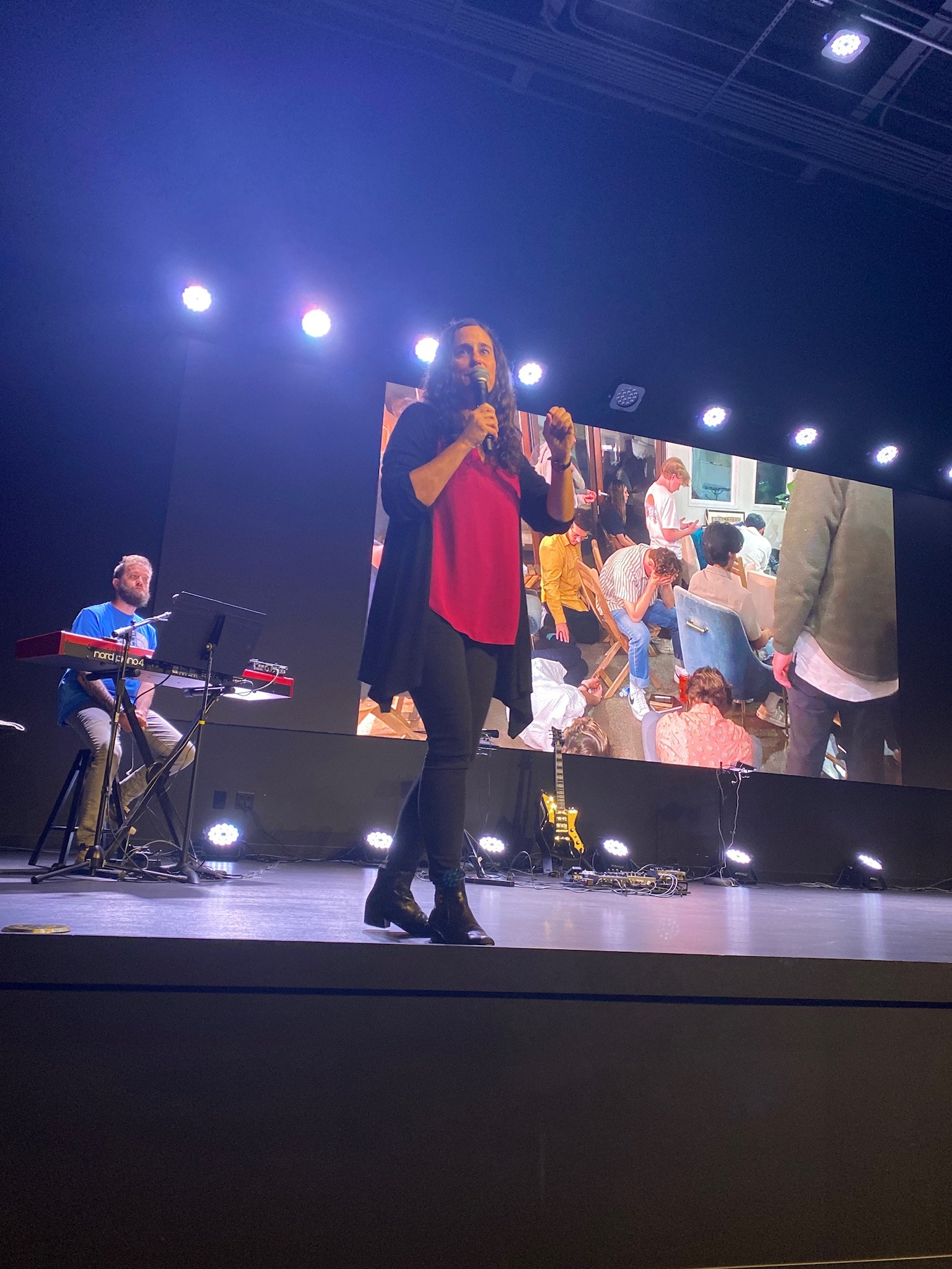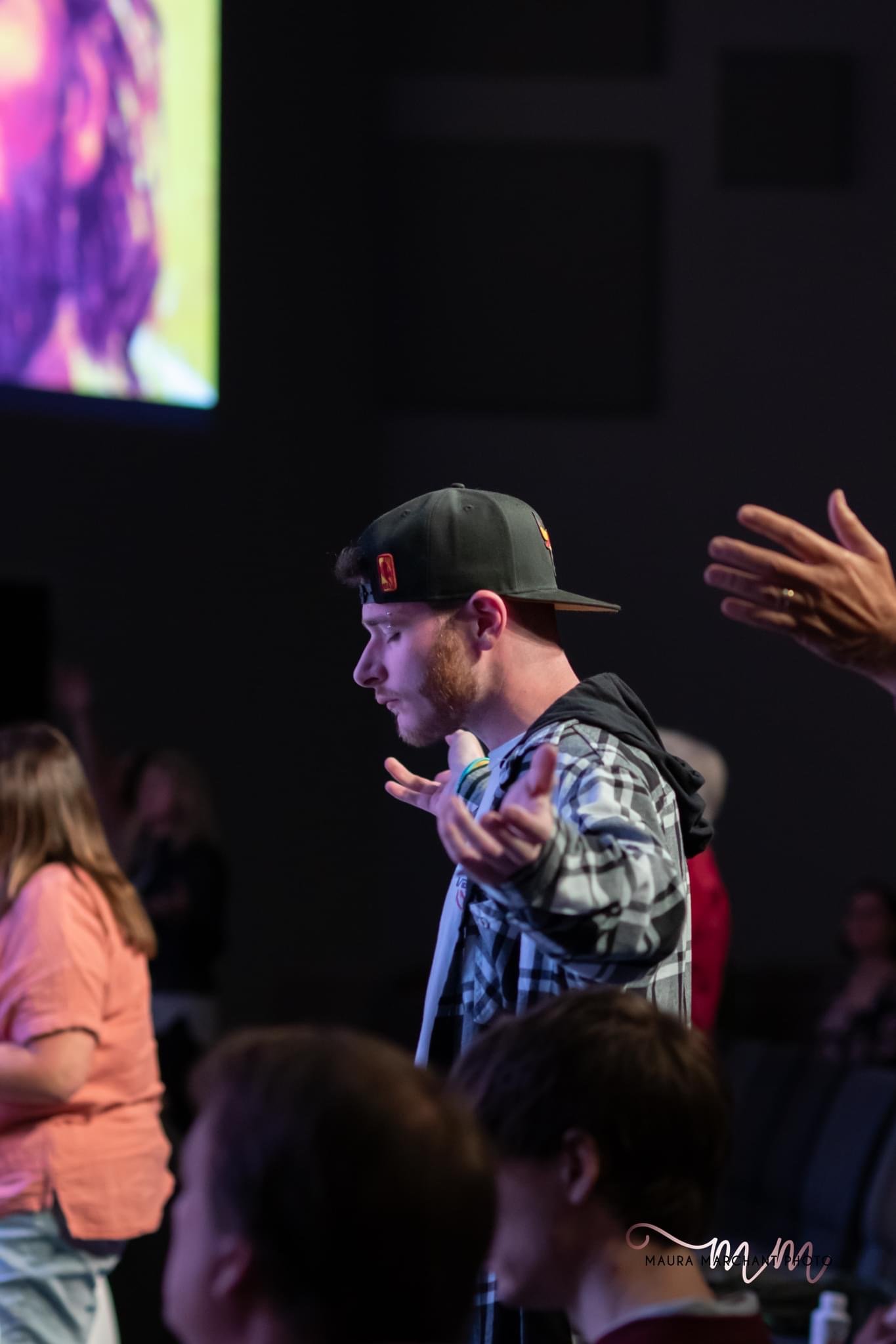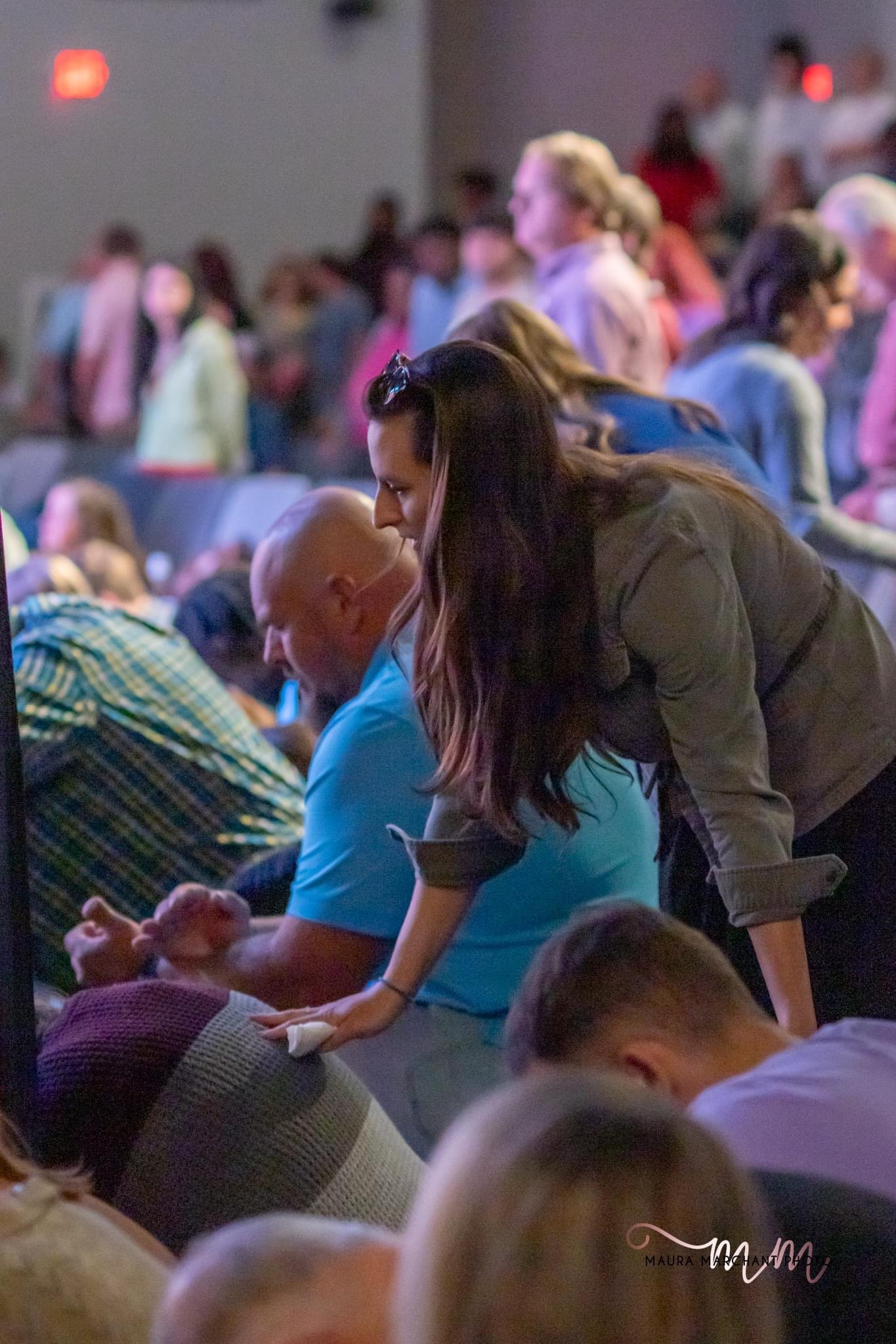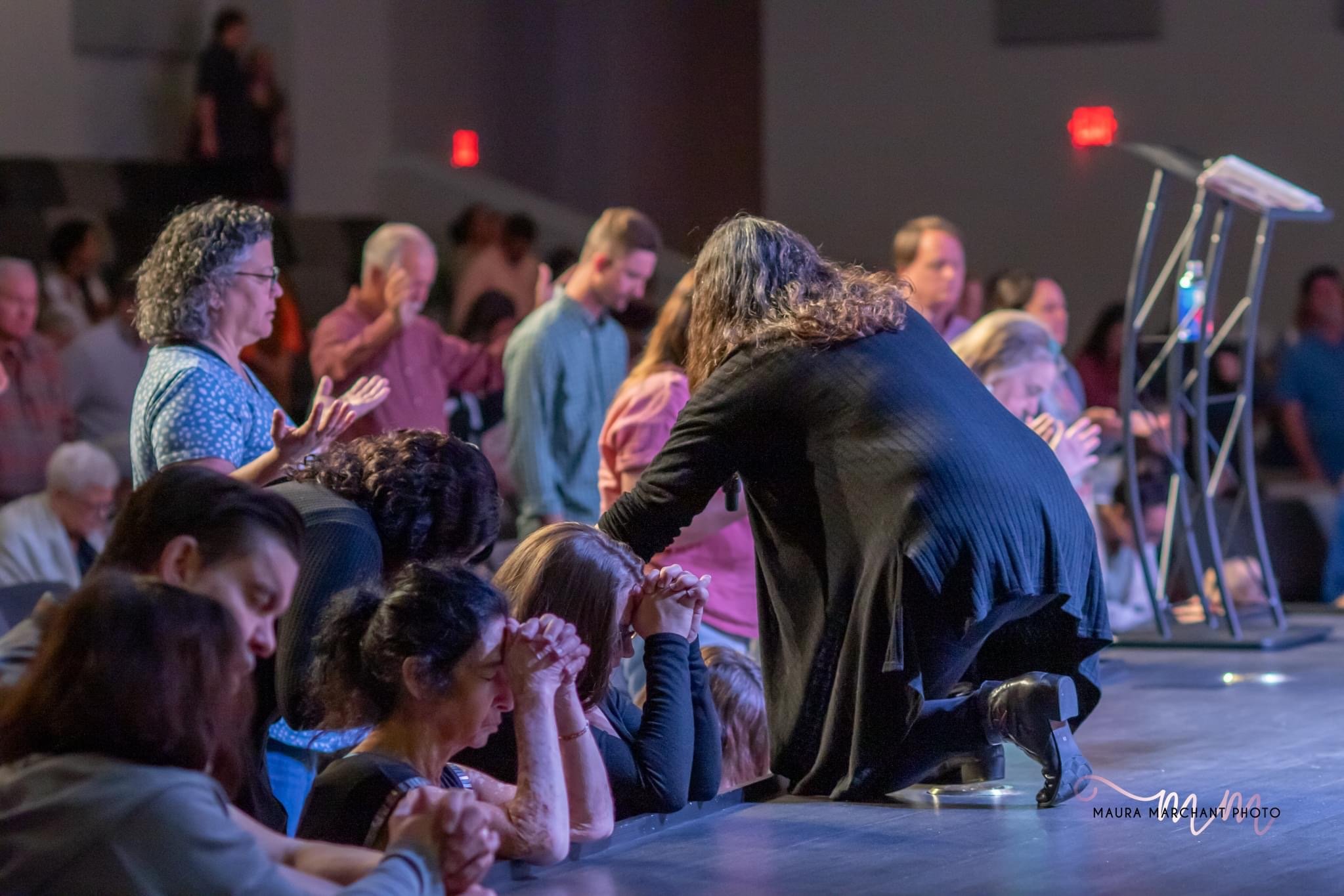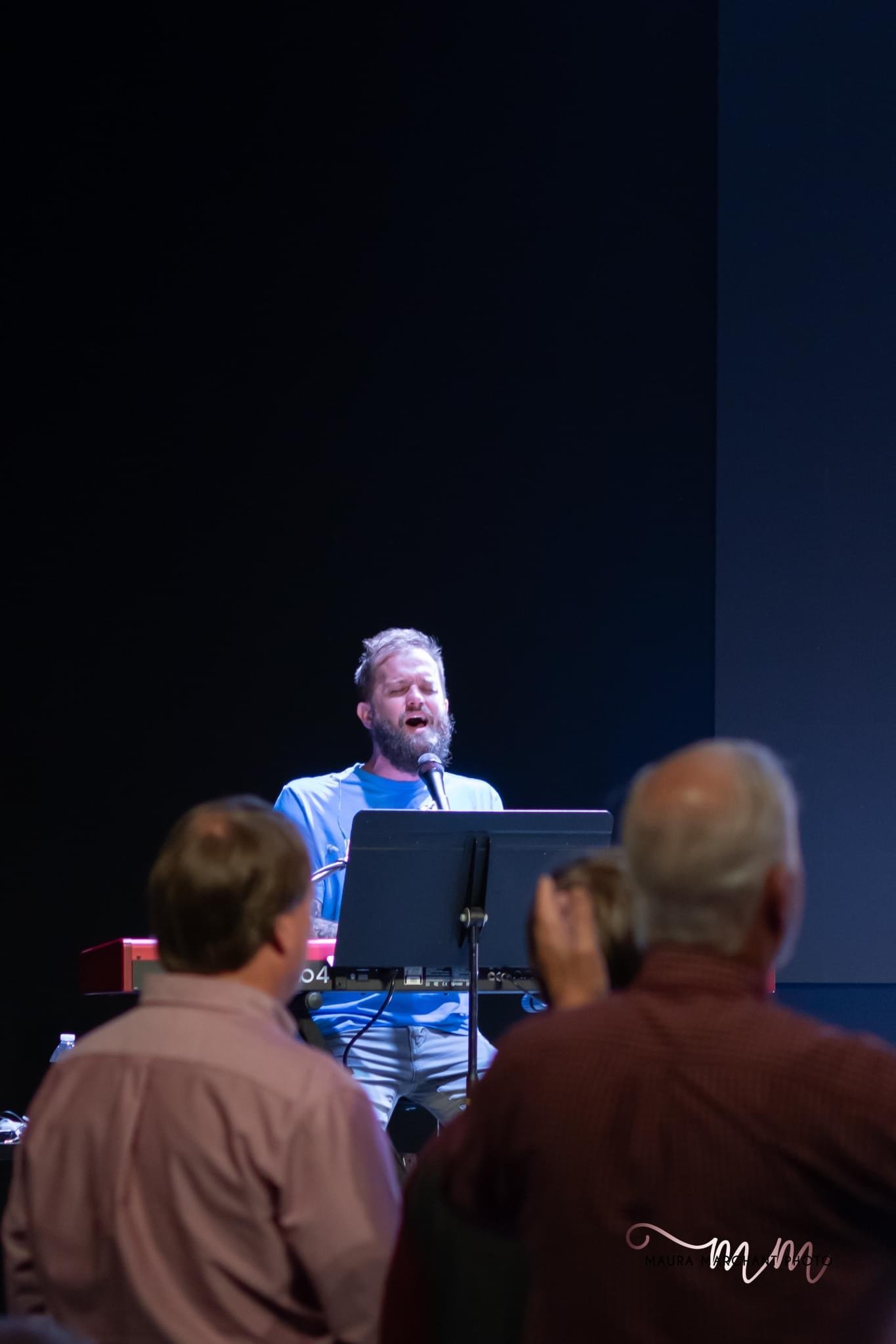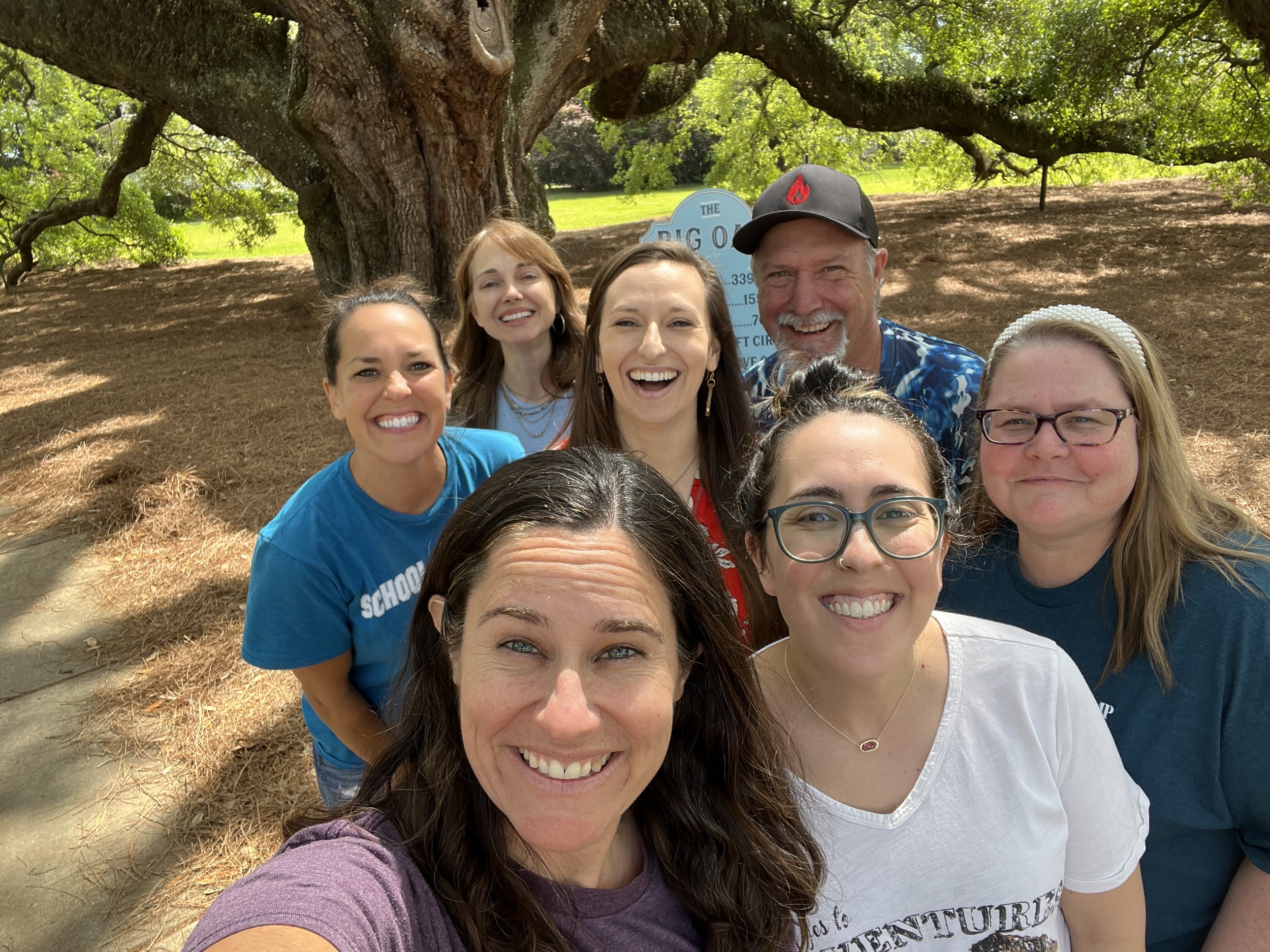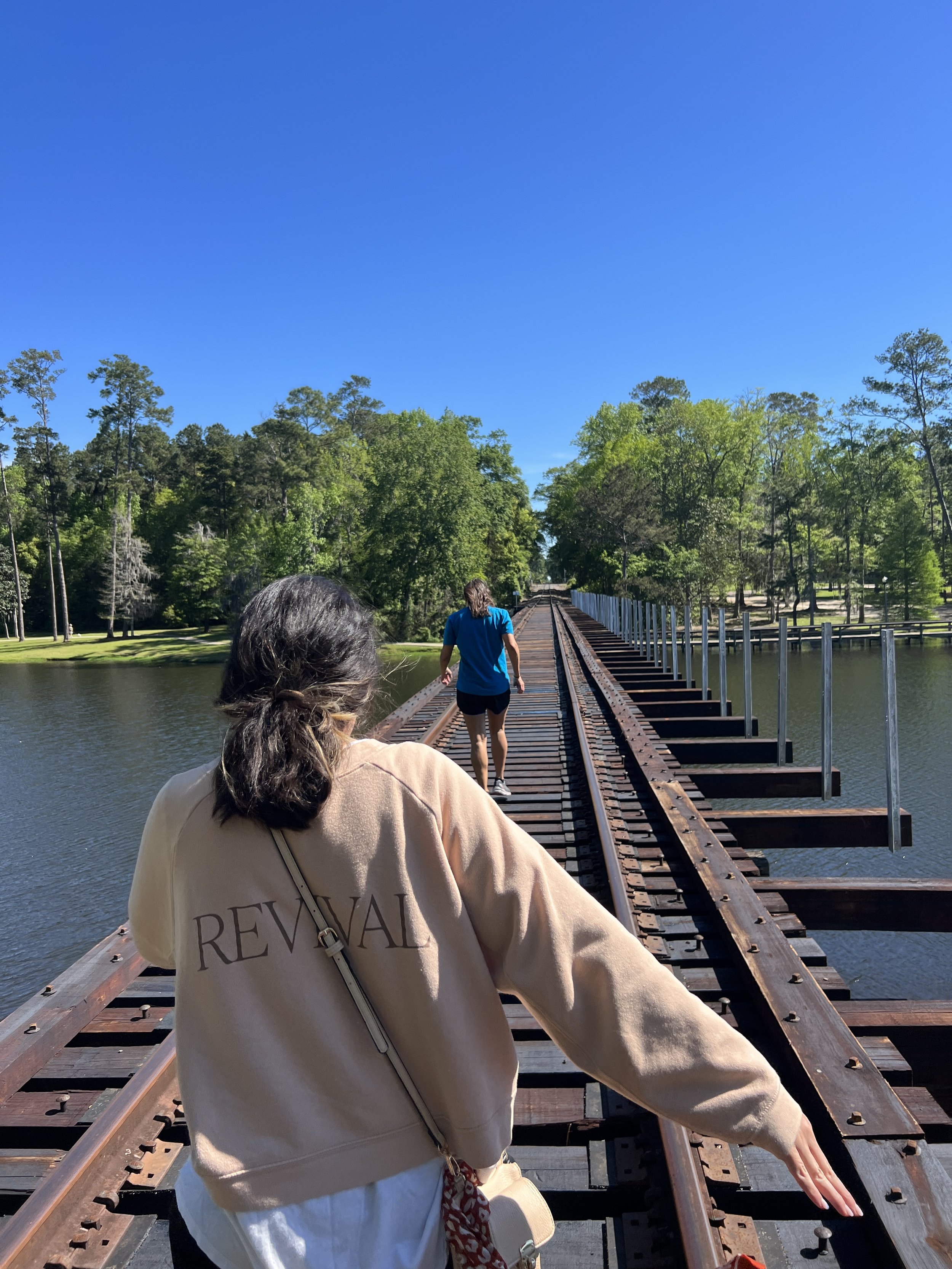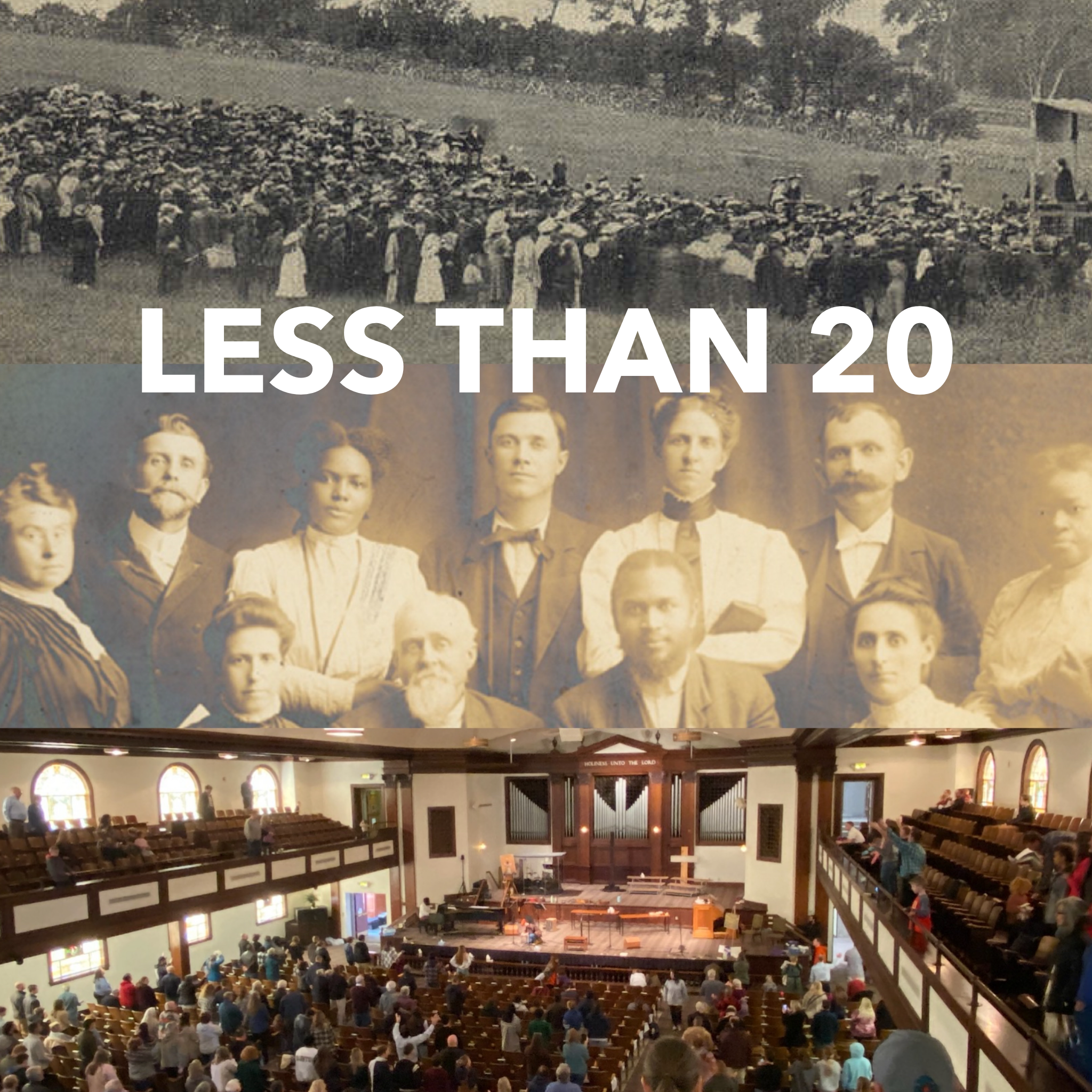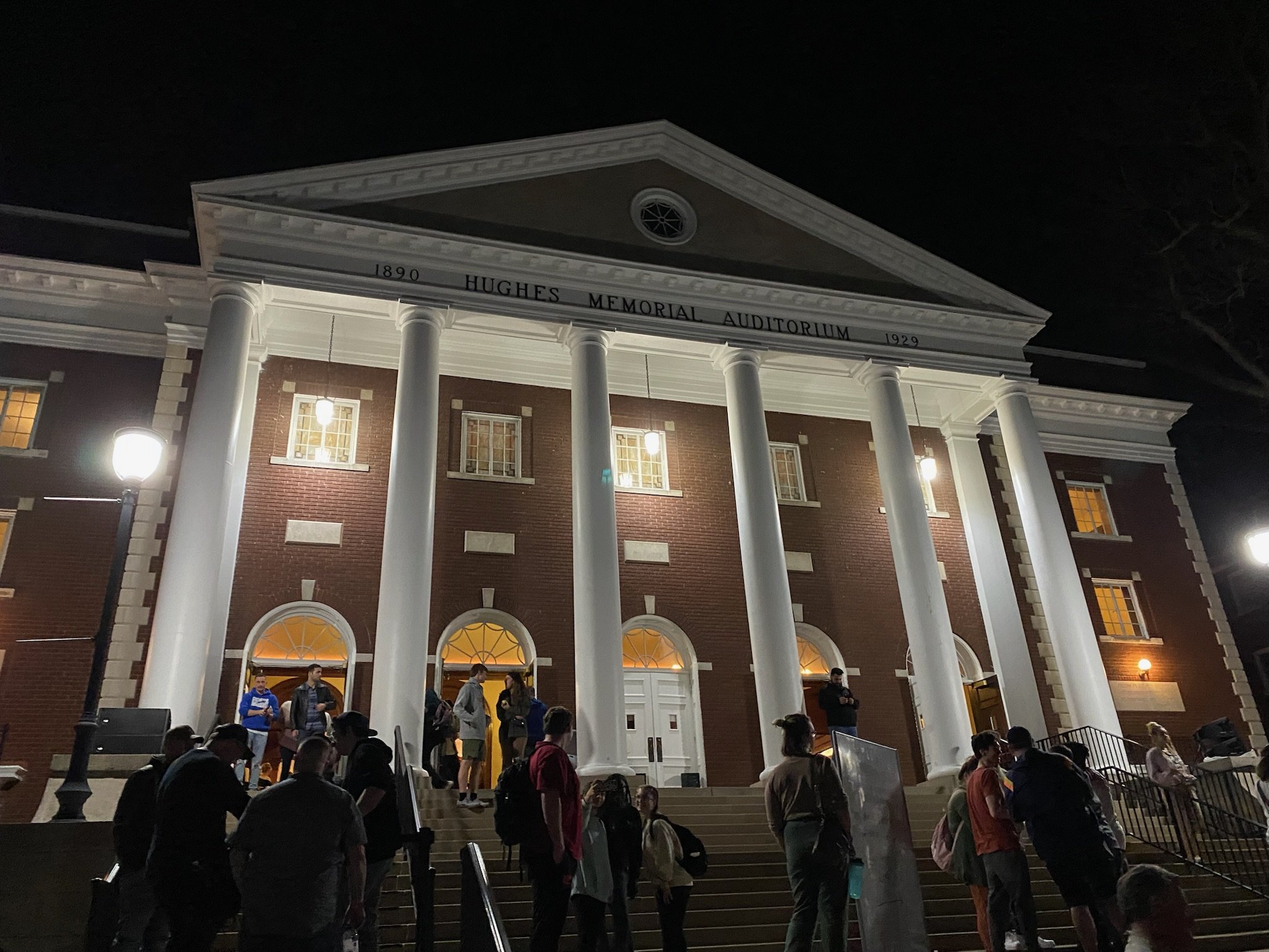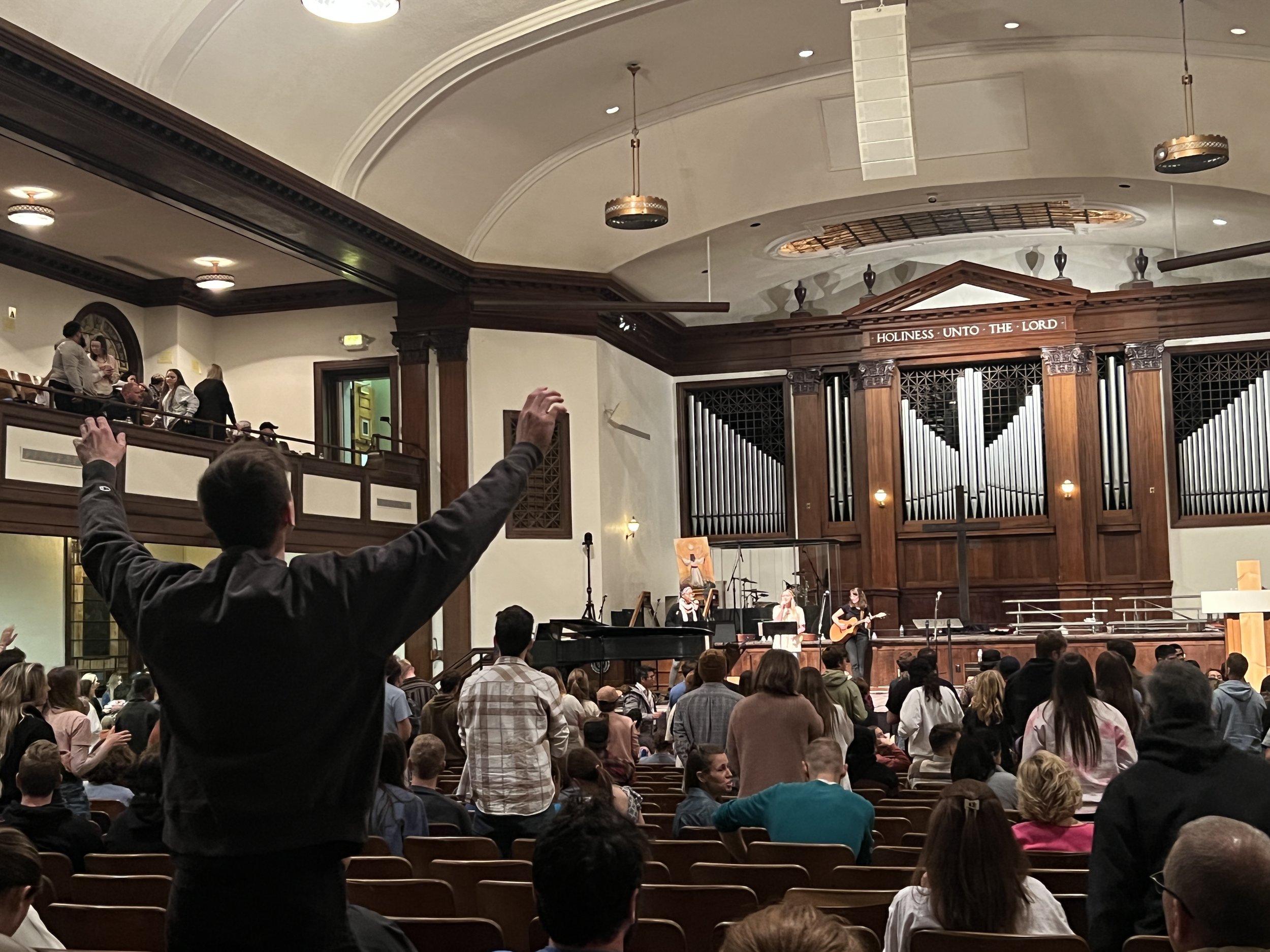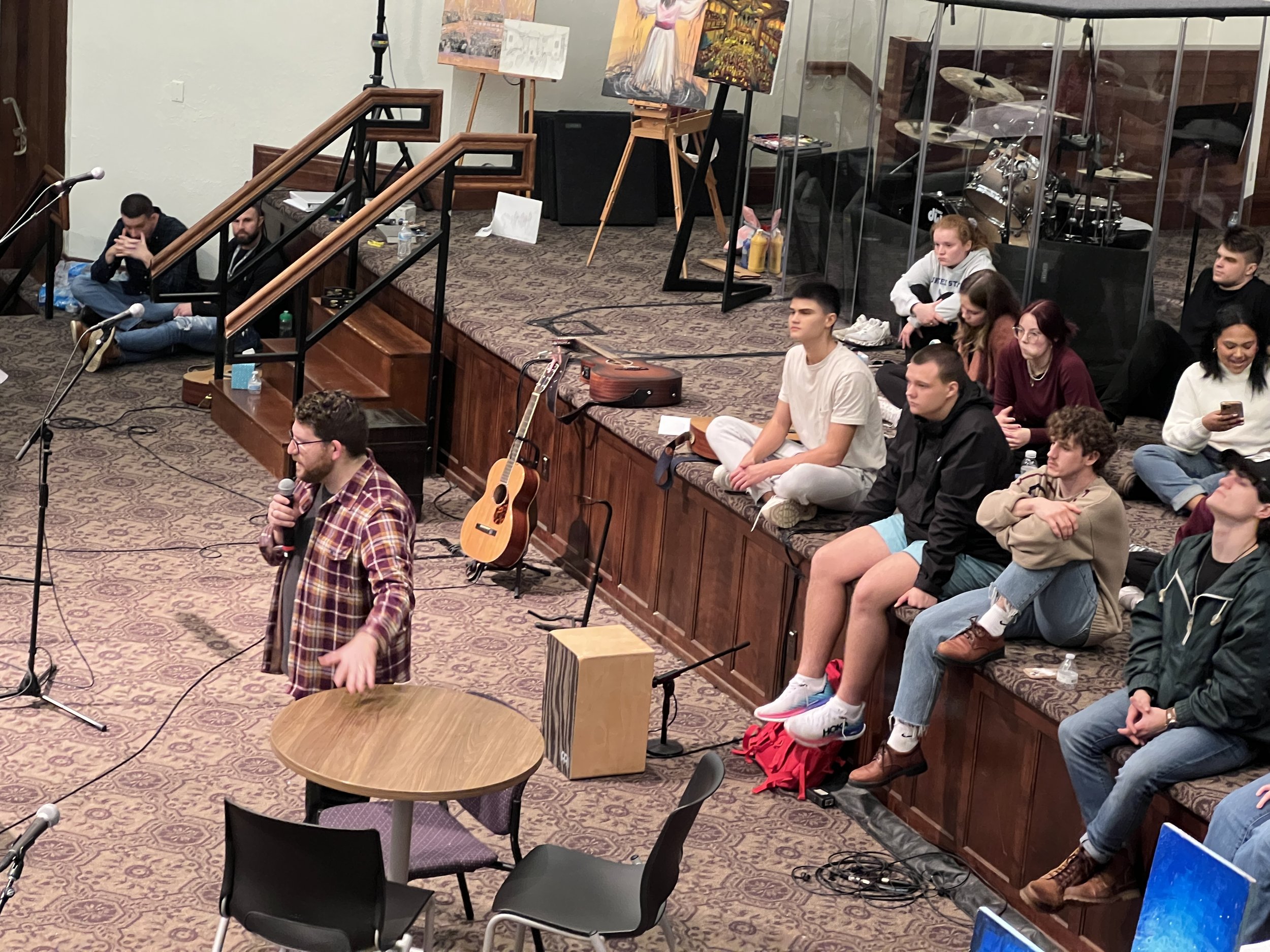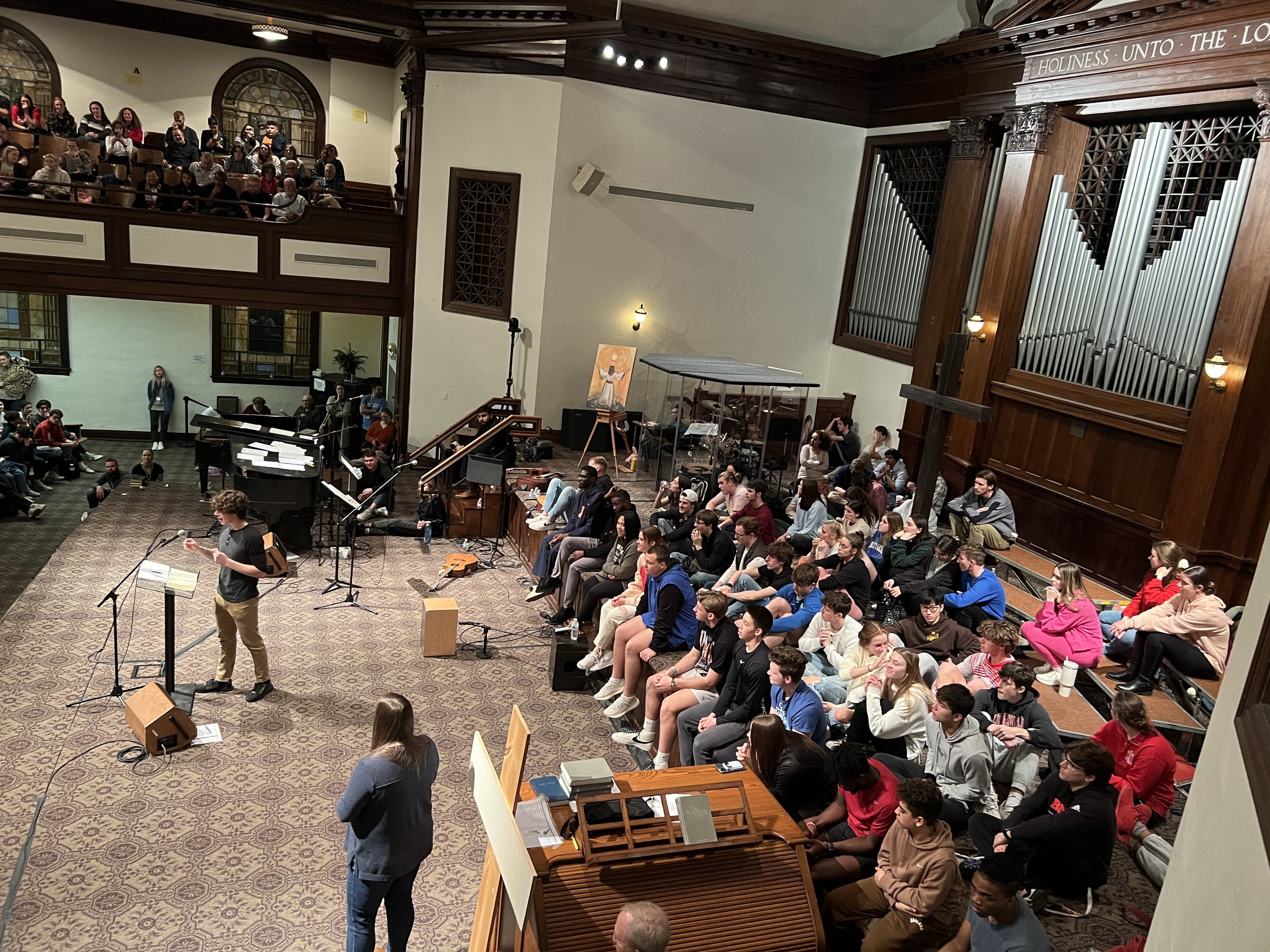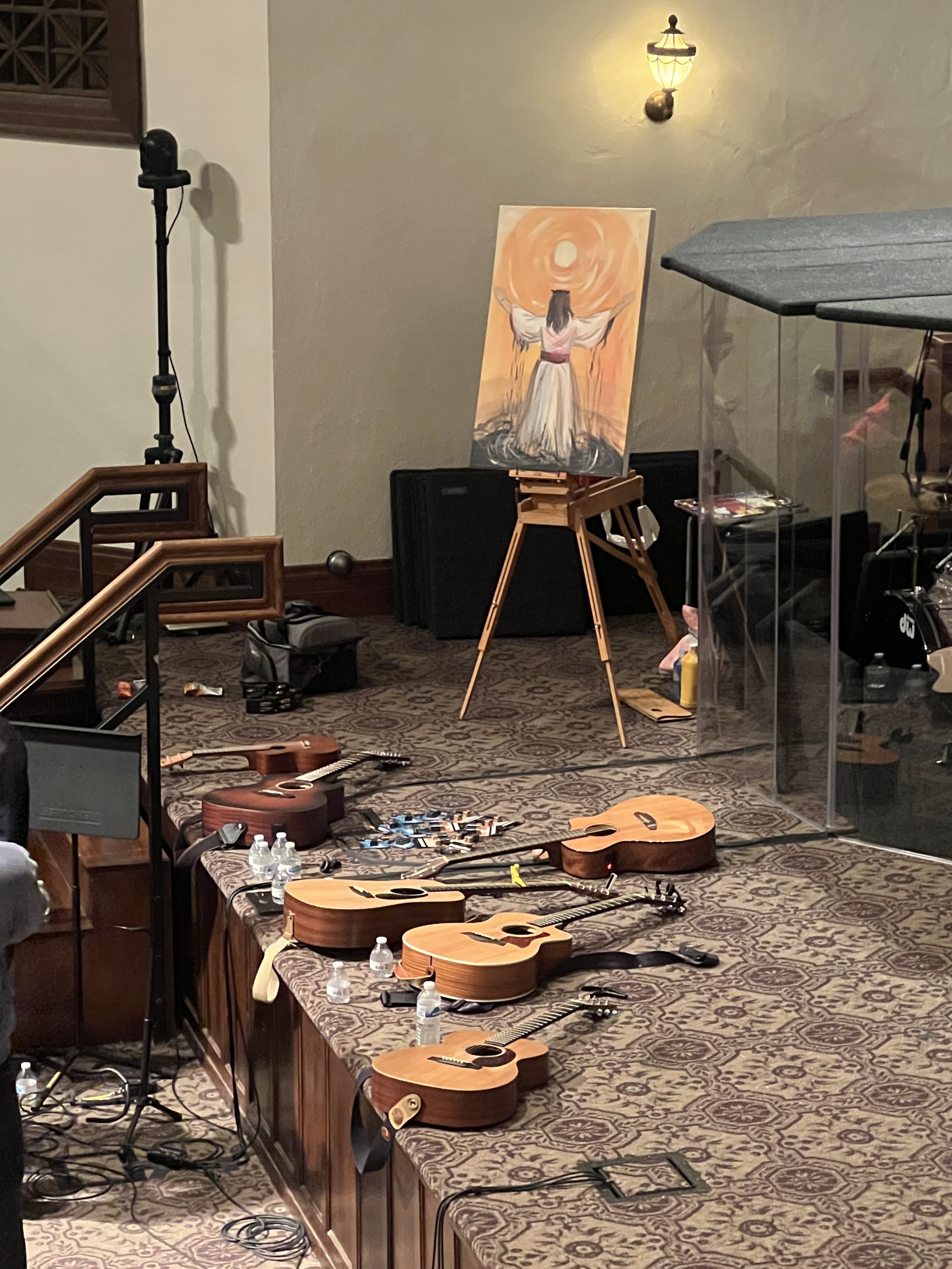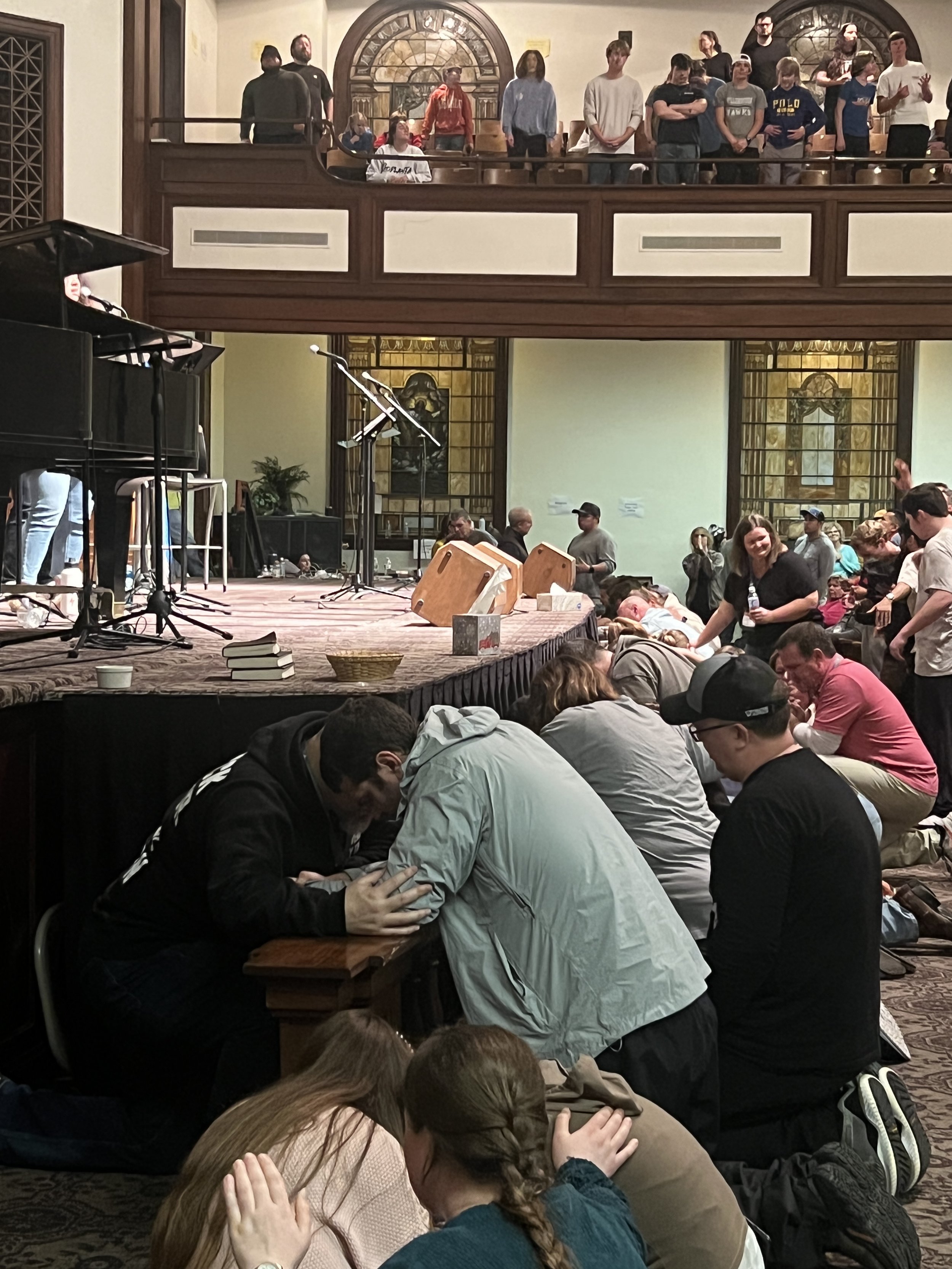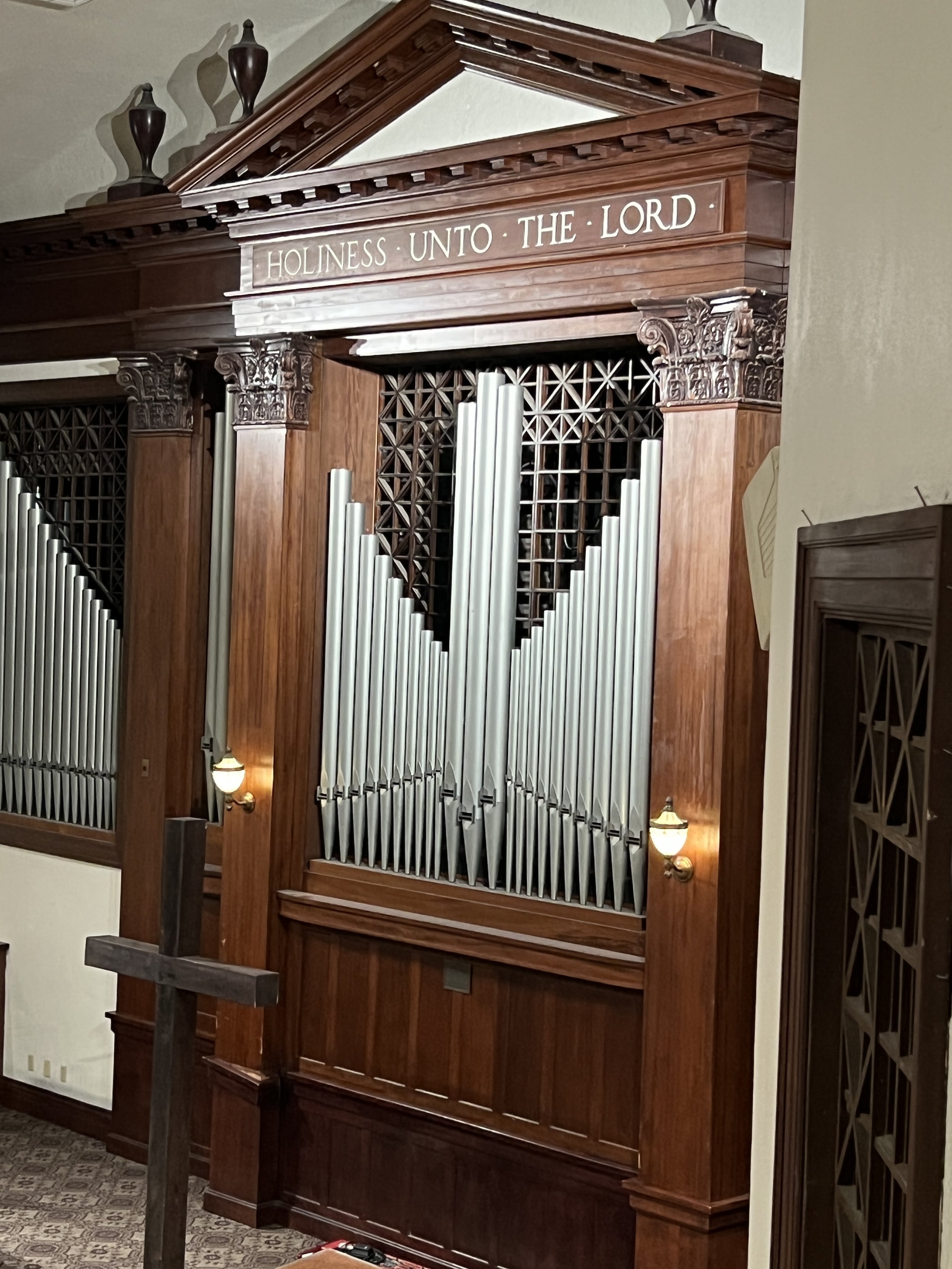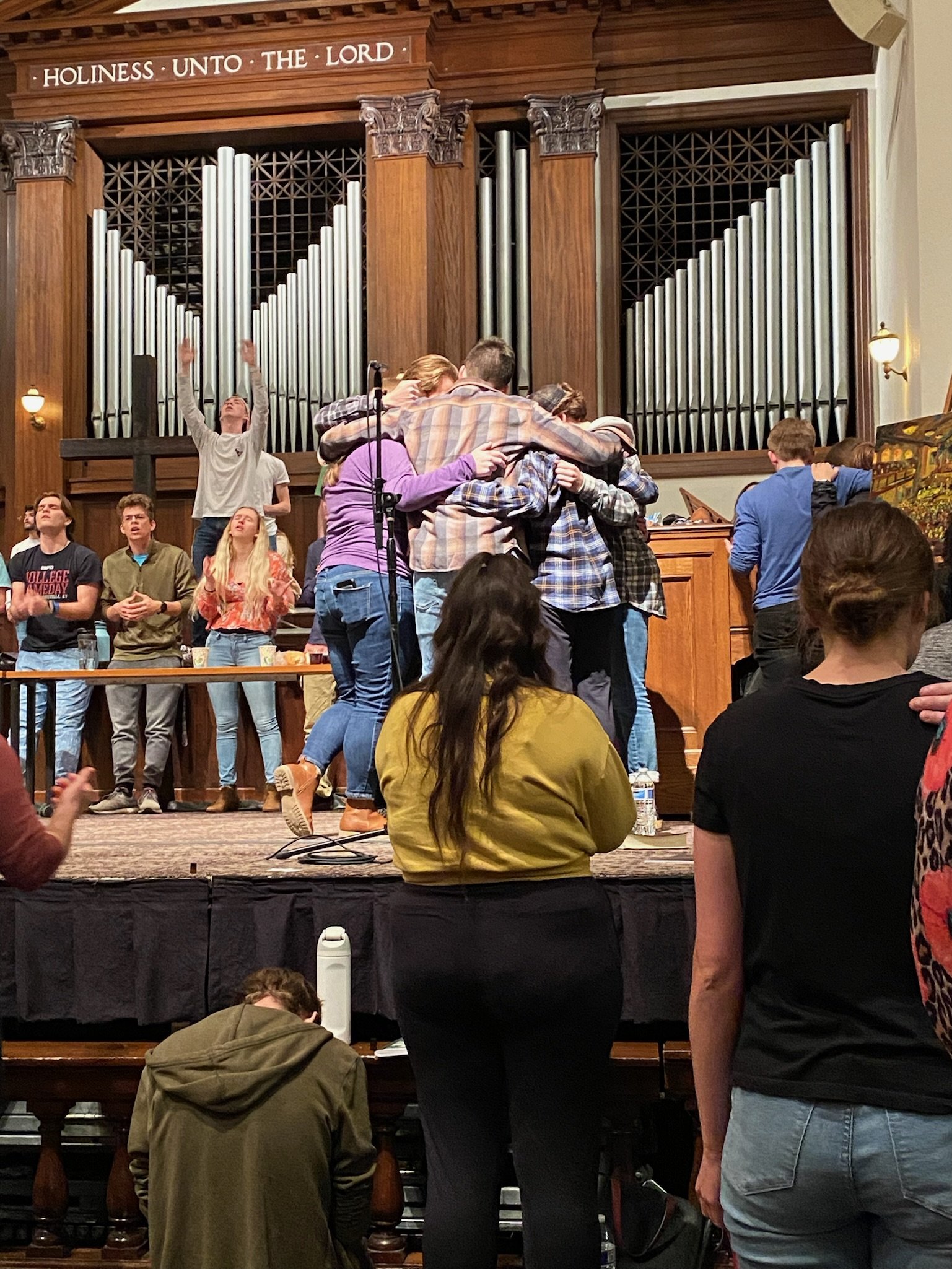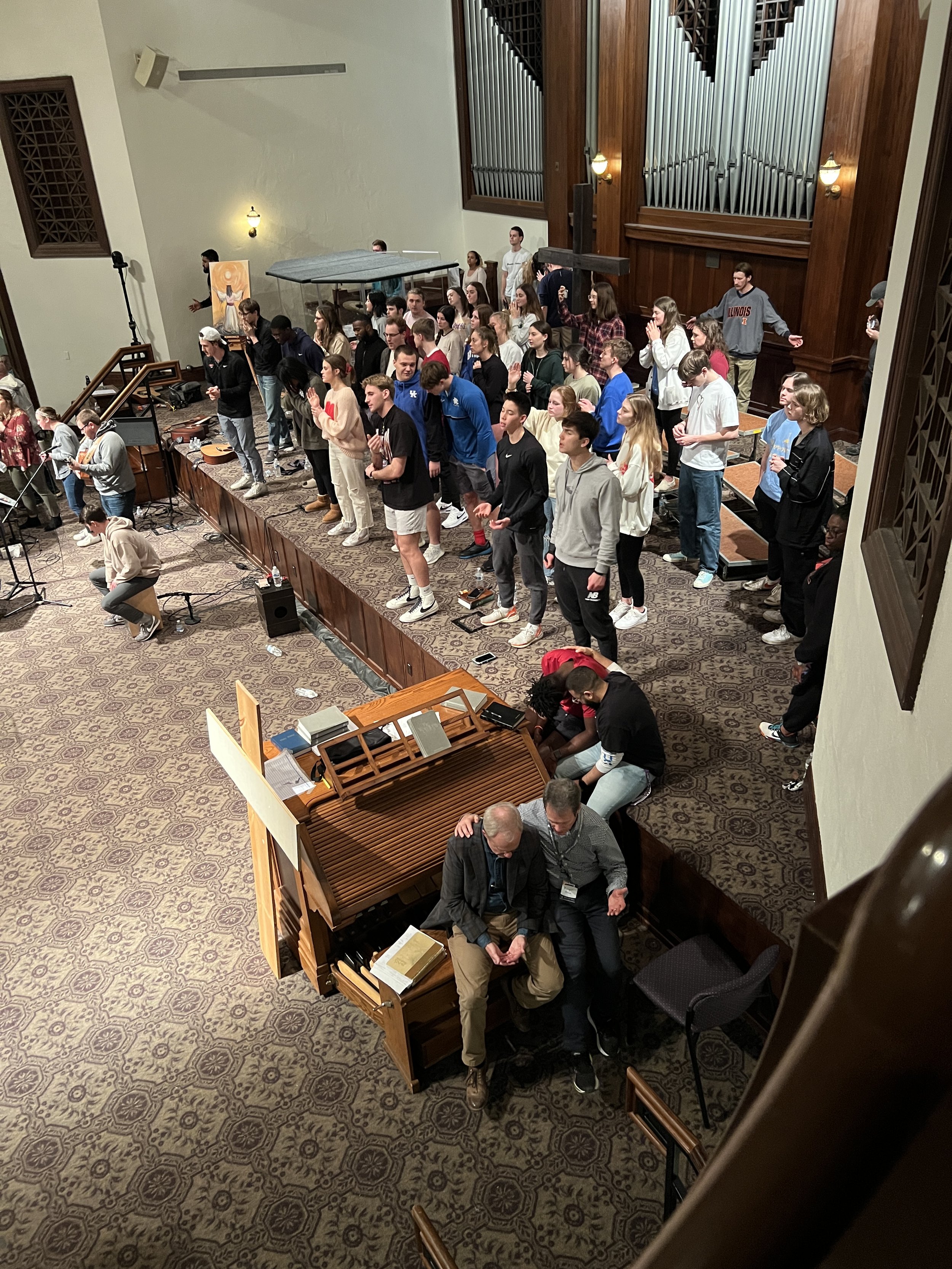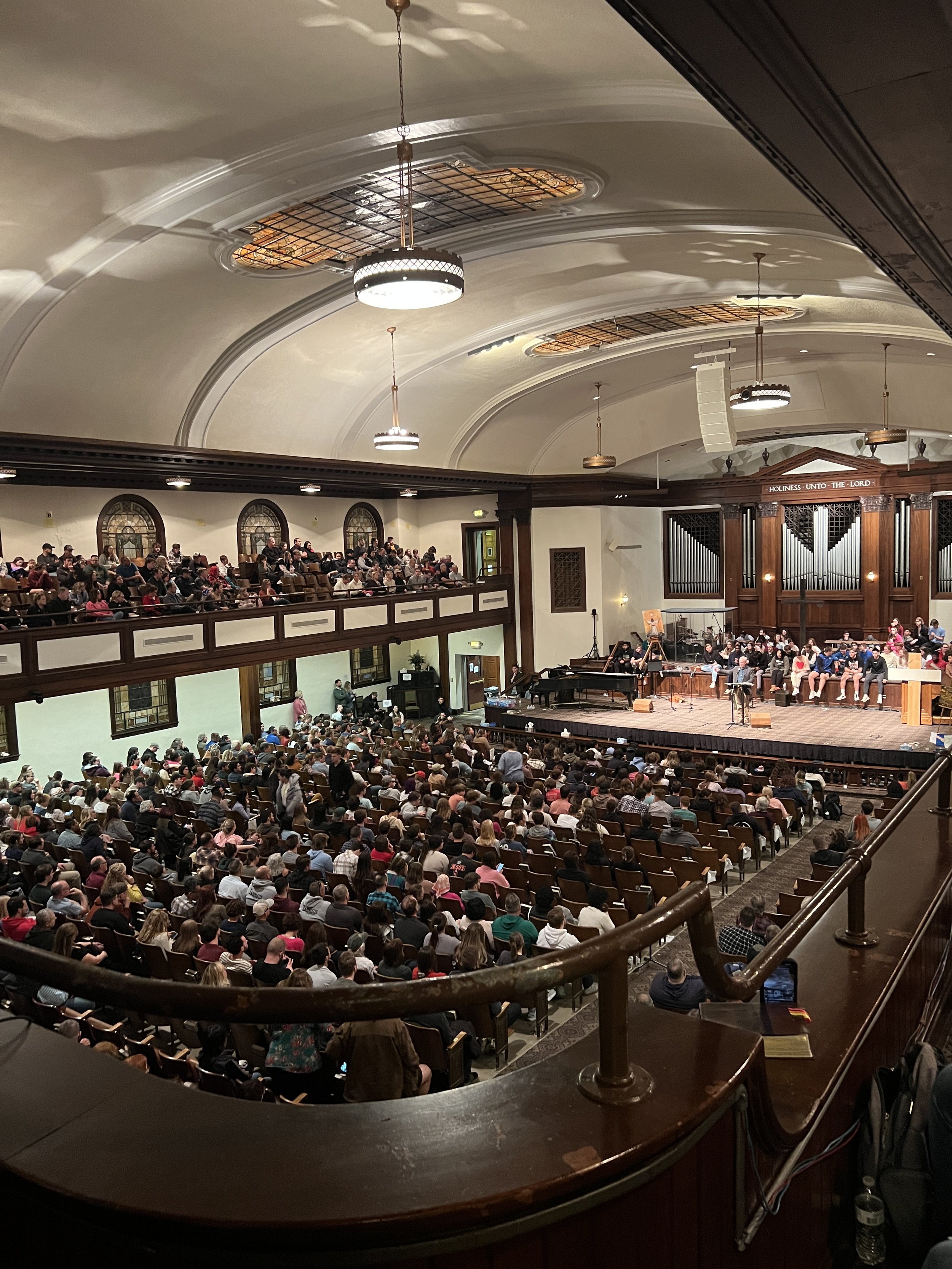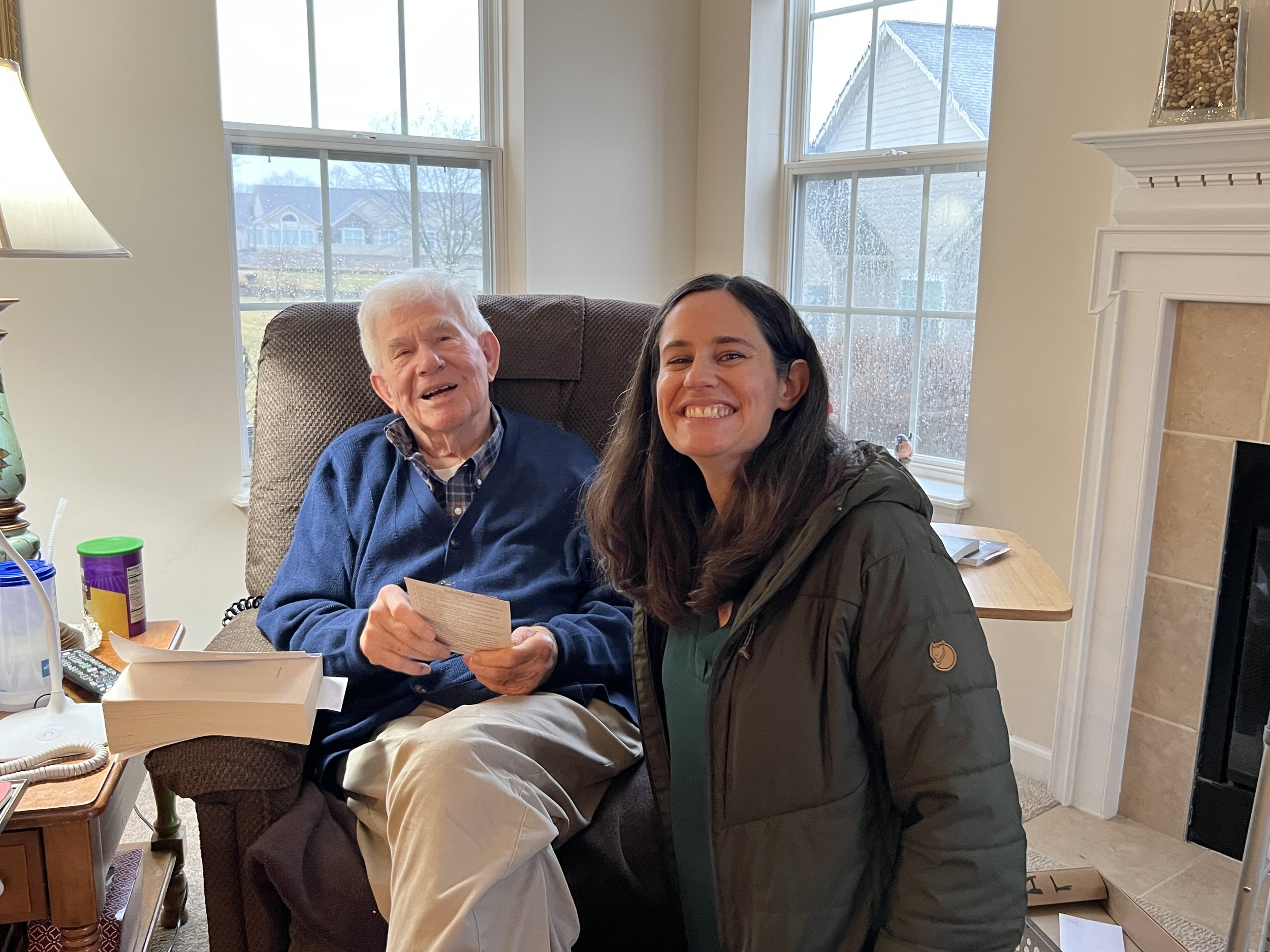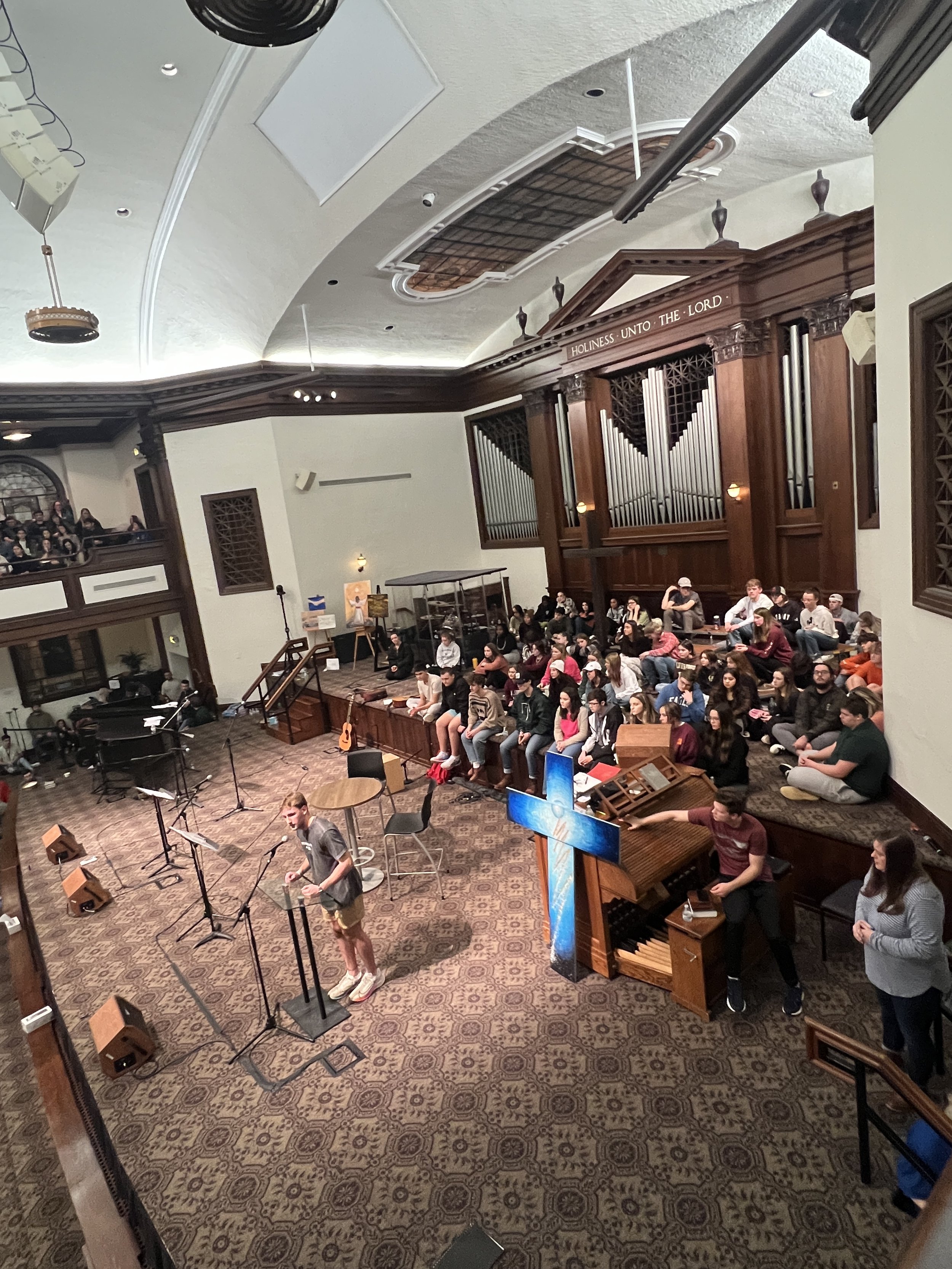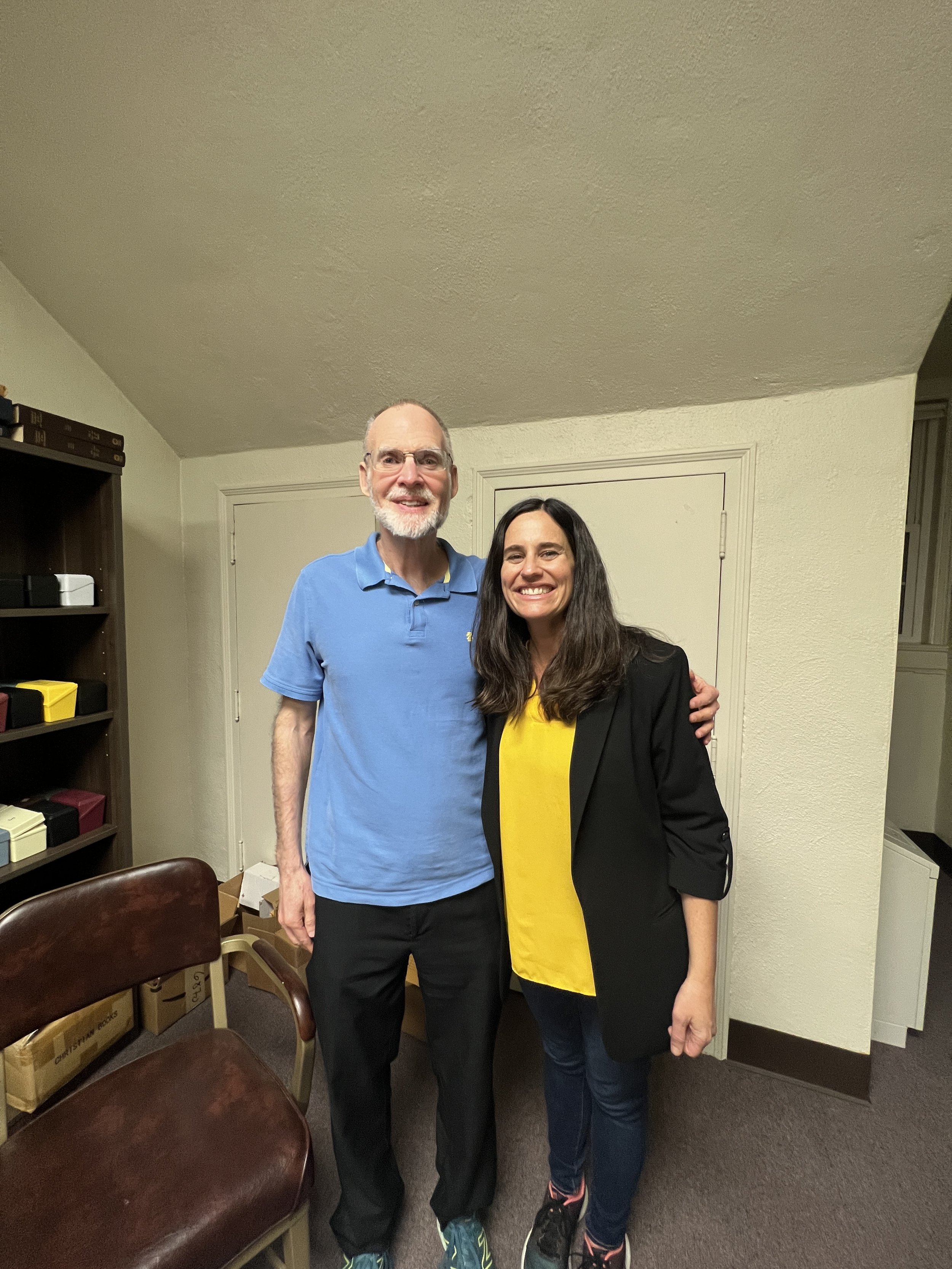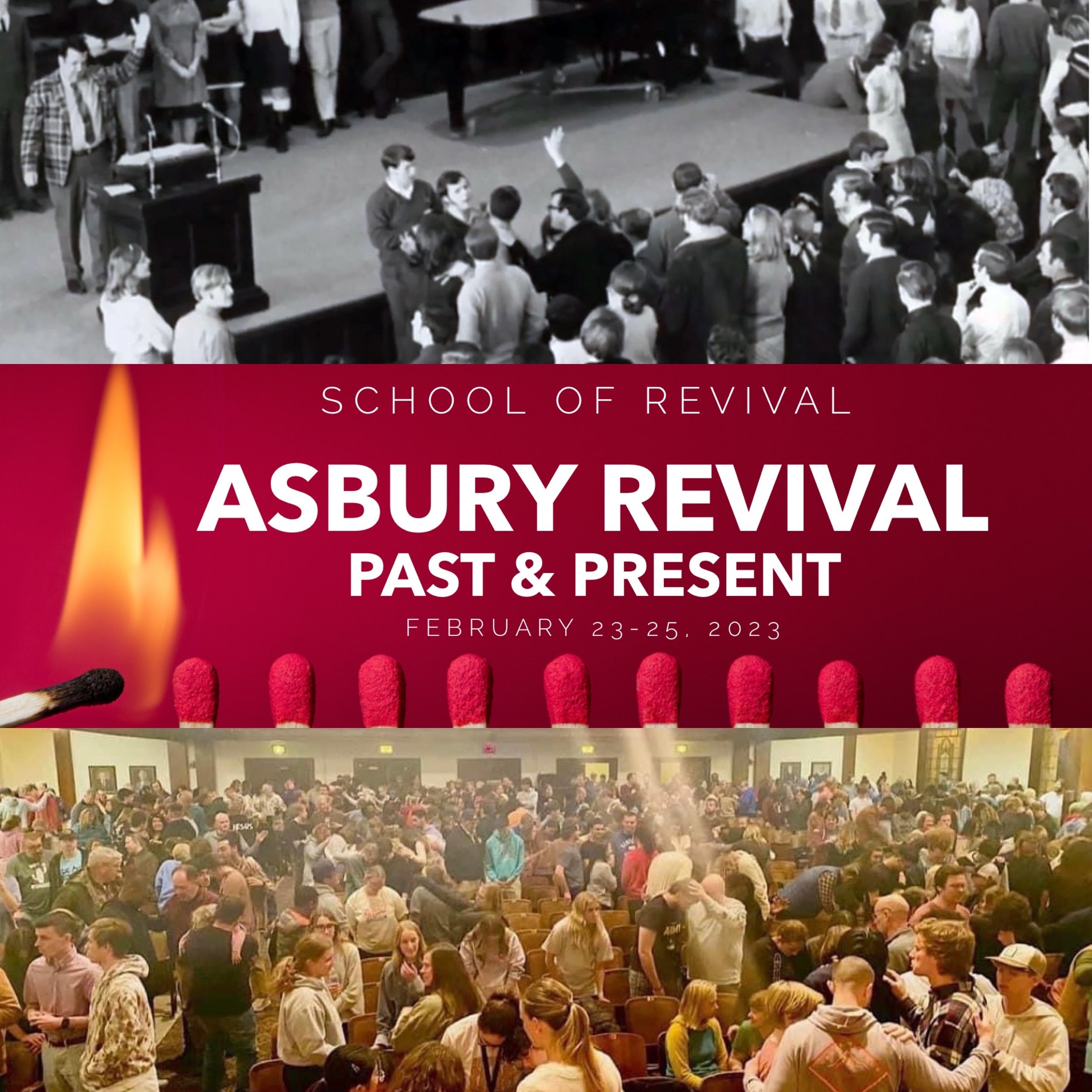NOTES
[i] Strong's H2421 https://www.blueletterbible.org/lexicon/h2421/nkjv/wlc/0-1/ “to live, whether literally or figuratively; causatively, to revive:—keep (leave, make) alive, certainly, give (promise) life, (let, suffer to) live, nourish up, preserve (alive), quicken, recover, repair, restore (to life), revive, (God) save (alive, life, lives), surely, be whole.”
[ii] “But when they told him all the words which Joseph had said to them, and when he saw the carts which Joseph had sent to carry him, the spirit of Jacob their father revived.” –Genesis 45:27 (NKJV)
[iii] “Then the LORD heard the voice of Elijah; and the soul of the child came back to him, and he revived.” –1 Kings 17:22 (NKJV)
[iv] “So it was, as they were burying a man, that suddenly they spied a band of raiders; and they put the man in the tomb of Elisha; and when the man was let down and touched the bones of Elisha, he revived and stood on his feet.” –2 Kings 13:21.
[v] Psalm 71:20 is a call to be delivered from great troubles.Psalm 80:18 is a reviving in order to turn back to God.
Psalm 85:6 says, “Will You not revive us again, That Your people may rejoice in You?” There is purpose to praise in the reviving work. We see in Psalm 119:25,107, 154 that one can be revived according to His word: “Revive me according to Your word (119:25).” Psalm 119:37 we can be revived in His way: “Turn away my eyes from looking at worthless things, And revive me in Your way.” Psalm 119:40 we can be revived in His righteousness: “Behold, I long for Your precepts; Revive me in Your righteousness.” Psalm 119:88 and 159 we can be revived according to His lovingkindness: “Revive me according to Your lovingkindness, So that I may keep the testimony of Your mouth.” In Psalm 119:149, we can be revived according to His justice: “Hear my voice according to Your lovingkindness; O LORD, revive me according to Your justice.” Psalm 119:156 we can be revived according to His judgments. “Great are Your tender mercies, O LORD; Revive me according to Your judgments.” Psalm 138:7 when in trouble we can be revived: “Though I walk in the midst of trouble, You will revive me; You will stretch out Your hand. Against the wrath of my enemies, And Your right hand will save me.” Psalm 143:11 we can be revived for His name’s sake: “Revive me, O LORD, for Your name's sake! For Your righteousness' sake bring my soul out of trouble.”
[vi] Isaiah 57:15 (NKJV) says, “For thus says the High and Lofty One, Who inhabits eternity, whose name is Holy: “I dwell in the high and holy place, With him who has a contrite and humble spirit, To revive the spirit of the humble, And to revive the heart of the contrite ones.” And then in Habakkuk 3:2, “O LORD, I have heard Your speech and was afraid; O LORD, revive Your work in the midst of the years! In the midst of the years make it known; In wrath remember mercy.”
[vii] https://www.etymonline.com/word/revival
[viii] https://www.etymonline.com/word/revival
[ix] According to the Merriam-Webster Dictionary, the word revival can mean: “1: an act or instance of reviving: the state of being revived: such as a: renewed attention to or interest in something b: a new presentation or publication of something old c (1): a period of renewed religious interest (2): an often highly emotional evangelistic meeting or series of meetings 2: restoration of force, validity, or effect (as to a contract).”
https://www.merriam-webster.com/dictionary/revival Accessed December 11, 2022
[x] https://www.merriam-webster.com/dictionary/revival
[xi] Collin Hansen and John Woodbridge, A God-Sized Vision: Revival Stories that Stretch and Stir (Grand Rapids, MI: Zondervan, 2010), 31.
[xii] https://www.etymonline.com/word/revival
[xiii] Roger Finke and Rodney Stark, The Churching of America 1776-1990: Winners and Losers in Our Religious Economy (New Brunswick: Rutgers University Press, 1992), 92. According to Roger Finke and Rodney Starke, while “all organizations need renewals or revivals of member commitment, it is also true that these must be episodic. People can’t stay excited indefinitely.” Most people don’t have the capacity to remain in a heightened state of being revived.
[xiv] Prayer, surrender, consecration, and repentance many times precede personal and corporate revival. In all my research on revival up to this point (over two decades), I have noticed that hunger was the one constant that drew people to seek more of God in desperation, which resulted in revival. Prayer seems to regularly play a pivotal role in this. It’s not ours to determine how God will move, but it is ours to prepare, position, partner, pray, and invite Him to move in and through us as agents of revival. We must be a people who step out in faith to reach the lost as if their salvation depended upon us. We must be a people who immediately respond to the leading of the Holy Spirit and allow Him to use our lives however He wishes because we are motived by love for Jesus.
[xv] Charles Grandison Finney (1835). Lectures on Revivals of Religion p.14
[xvi] “There is so little principle in the church, so little firmness and stability of purpose, that unless the religious feelings are awakened and kept excited, counter worldly feeling and excitement will prevail, and men will not obey God. They have so little knowledge, and their principles are so weak, that unless they are excited, they will go back from the path of duty, and do nothing to promote the glory of God. The state of the world is still such, and probably will be till the millennium is fully come, that religion must be mainly promoted by means of revivals. How long and how often has the experiment been tried, to bring the church to act steadily for God, without these periodical excitements. Many good men have supposed, and still suppose, that the best way to promote religion, is to go along uniformly, and gather in the ungodly gradually, and without excitement. But however sound such reasoning may appear in the abstract, facts demonstrate its futility. If the church were far enough advanced in knowledge, and had stability of principle enough to keep awake, such a course would do; but the church is so little enlightened, and there are so many counteracting causes, that she will not go steadily to work without a special interest being awakened.
As the millennium advances, it is probable that these periodical excitements will be unknown. Then the church will be enlightened, and the counteracting causes removed, and the entire church will be in a state of habitual and steady obedience to God.”
Charles G. Finney, Lectures of Revivals on Religion (New York, NY: Fleming H. Revell Company, 1868), 9
https://www.ccel.org/ccel/f/finney/revivals/cache/revivals.pdf
[xvii] Charles G. Finney, Lectures of Revivals on Religion (New York, NY: Fleming H. Revell Company, 1868), 12
https://www.ccel.org/ccel/f/finney/revivals/cache/revivals.pdf
[xviii] Martin Lloyd-Jones, Revival (Wheaton, Ill: Crossway, 1987), 199 in Collin Hansen and John Woodbridge, A God-Sized Vision: Revival Stories that Stretch and Stir (Grand Rapids, MI: Zondervan, 2010), 35.
[xix] Duncan Campbell, The Lewis Awakening, p. 14-15
[xx] William Faupel, The Everlasting Gospel: The Significance of Eschatology in the Development of Pentecostal Thought. Journal of Pentecostal Theology Supplement Series, ed. John Christopher Thomas, Rickie D. Moore, and Steven J. Land, vol. 10. (Sheffield: Sheffield Academic Press, 1996).
[xxi] Mark Stibbe, Revival,The Thinking Clear Series, ed. Clive Calver (London: Monarch Books, 1998), 14, 223.
[xxii] Mark Stibbe, Revival,The Thinking Clear Series, ed. Clive Calver (London: Monarch Books, 1998), 17.
[xxiii] Mark Stibbe, Revival,The Thinking Clear Series, ed. Clive Calver (London: Monarch Books, 1998), 49.
[xxiv] Jennifer A. Miskov, “Coloring Outside the Lines: Pentecostal Parallels with Expressionism. The Work of the Spirit in Place, Time, and Secular Society?”, Journal of Pentecostal Theology 19 (2010), 94-117.
[xxv] Additionally, I introduce “sacred time” into this discussion as a “special season when revivals, awakenings, and stirrings of the Holy Spirit are concentrated and occur in higher frequency than in other times… when people all around the world experience heightened manifestations of God’s presence” at the same time. Jennifer A. Miskov, “Coloring Outside the Lines: Pentecostal Parallels with Expressionism. The Work of the Spirit in Place, Time, and Secular Society?”, Journal of Pentecostal Theology 19 (2010), 115.






